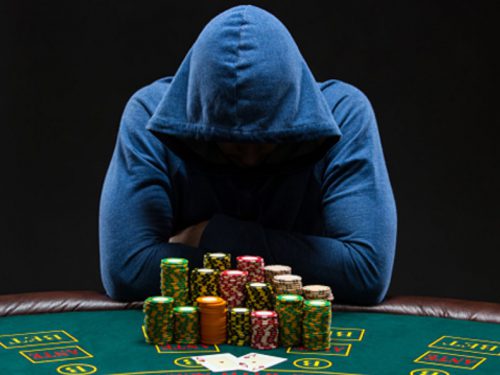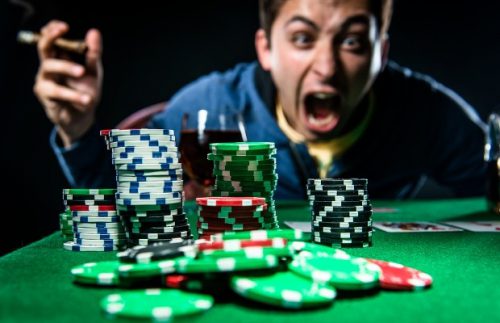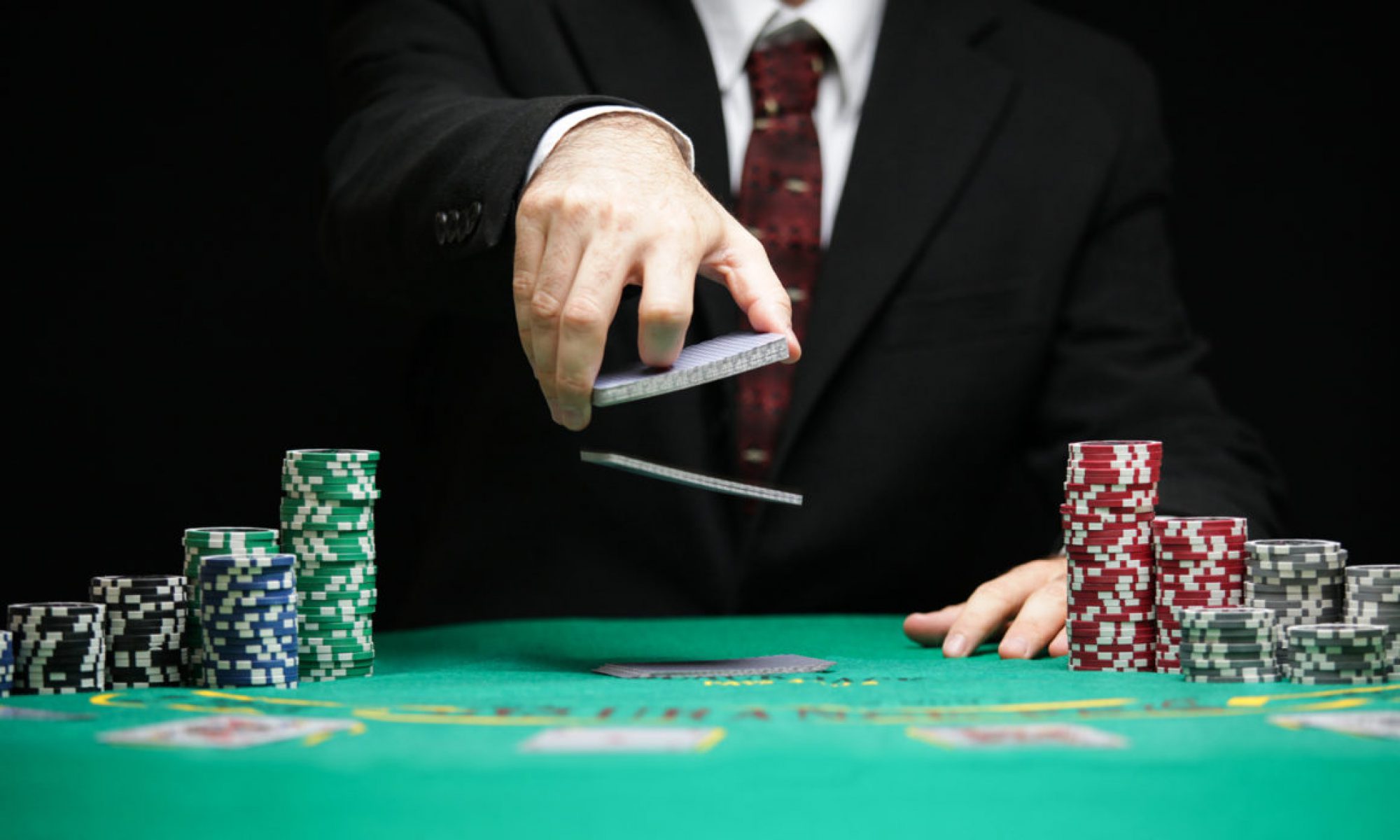Part of what makes poker so exciting is that good technique or luck are not enough to win. Another factor comes in, which is the importance of playing mind games! Being able to correctly read your opponent can earn you some serious money in Poker. But before you can manage that game, there are a few things you need to know!
Keep your ego in check
One of the traps in playing poker is that your ego can get in the way. When you want to win at all costs, you’re likely no longer using the psychological information you have about your players. That’s because when you get so blindsighted on winning, you don’t use your common sense anymore. So in order to efficiently tune into the information of your opponents, you need to quickly put your ego aside. What cards they hold, if they’re bluffing, what your chances are in comparison to them, this information will all be readily available for you when you stay balanced and keep your ego’s hunger for winning out of the way.

Tilt
An important term in poker is tilt. Tilt refers to a smart player in poker who suddenly starts to playing at a lower level than he normally does. Usually this behaviour is triggered by an emotion of anger or frustration. It’s important to know and recognize it both in yourself and others. If you do, you can act on it accordingly. Players in this state of mind are known to make irrational decisions in the game. If you know you start feeling slightly on the edge due to a big loss or a series of small ones, just being aware of it can change the course of the game. In that way, if you want to play poker successfully, you shouldn’t be afraid to be honest with yourself. In that sense, poker becomes a pretty deep process of psychological introspection? So as it turns out, playing poker is good for a lot of things. The best way to act when you’re on tilt depends on the situation, but sometimes that means to leave the game and prevent any further losses.
Who is your opponent?
The more pragmatic first step in reading your opponent is found in understand the 4 prominent different playing styles one can have in poker. These categories are: tight-passive, loose-passive, tight-aggressive and loose-aggressive. Having a basic understanding in which category your opponents might fit is good starting point in any further assessing them. So how do you interpret in which category your opponent fits before the game even has started? What usually counts is the way you assess people in real life too. The more aggressive players will likely show up in a different way (read: loud, chatty, present) than the passive player, who will appear more introverted, calm, avoiding to attract too much attention. The way we present ourselves can tell a lot about which category player we fit in. But just as in real life, there are always exceptions, people that are nothing what they look like or appear to be. Sometimes you’ll find players fitting in one of these categories perfectly, but more often players will be a mix of both
Puzzling the pieces
Once you understand the different categories of players and have kind of understood where your opponents might fit in, the real puzzling begins. This is where you have to think, a few questions are especially important. Other than assessing your own cards (question 1) and guessing what the other players likely have (question 2), we can take it up a few notches in level of thinking. Next up, what’s relevant to consider is what your opponents guess of your cards is. Like this is not intense enough yet, what really gives you an advantage is carefully considering the following question. What does he think of my perception of his cards? If the level of your table is decent enough that everyone asks these 4 questions, that means you’ll have some very intense mind games going on.

Bluffing
There’s no way to efficiently bluff your way through the game without basic understanding of playing styles and the questions to ask about the cards. What’s also important to remember is that bluffing is only effective if you do it at the right moment. In deciding whether to go ahead bluffing, make sure to assess your position and the stack sizes. The most important thing to play with is your opponents psychological state at a particular moment. If he for example just lost big, it’s very possible that you bluffing him will be effective. It’s reading the signs and acting accordingly. Be aware that your opponents will likely also have the same kind of reasoning when they see you in a weak state of mind after losing. You’ll be bluff-victim material real soon!
However valuable bluffing, mind games and knowing your opponents are, this doesn’t take away the incredible importance of using a solid strategy when playing poker. It’s the combination of both strategy and using these mind games to the fullest that can get you far. And never get lost in your own ego, it’s there that you lose!
